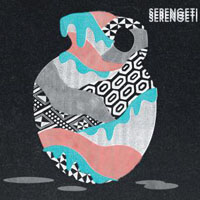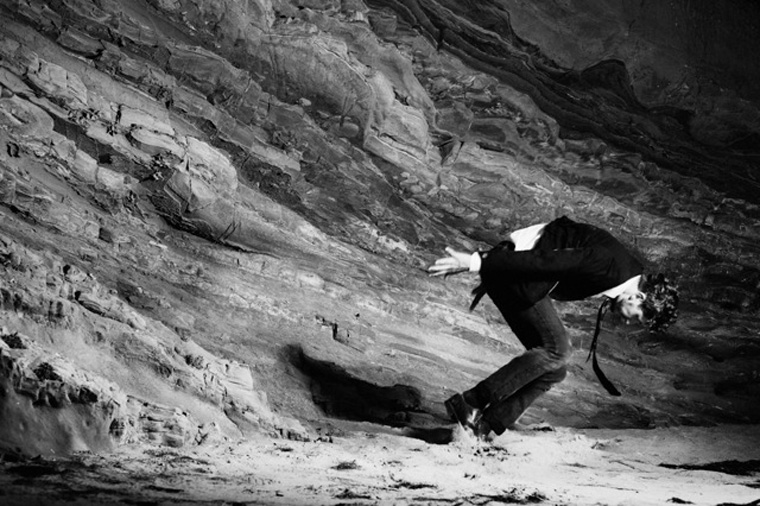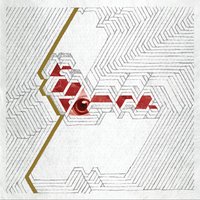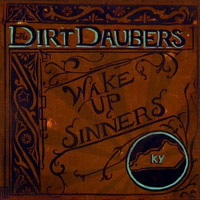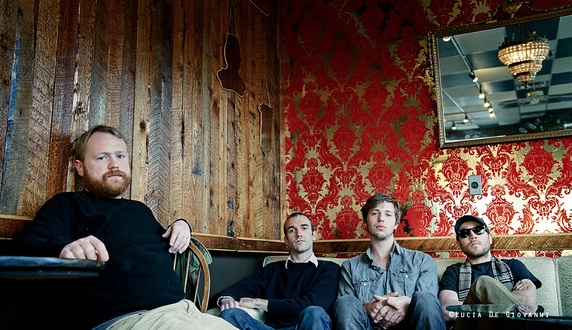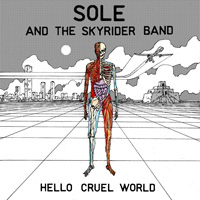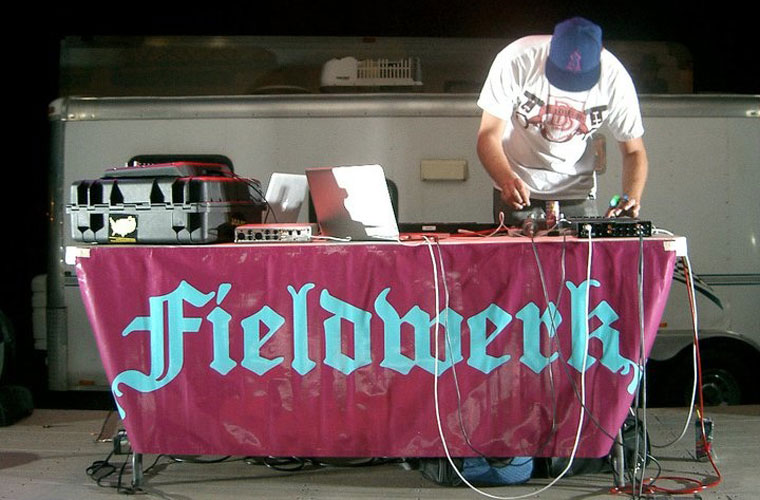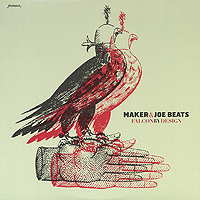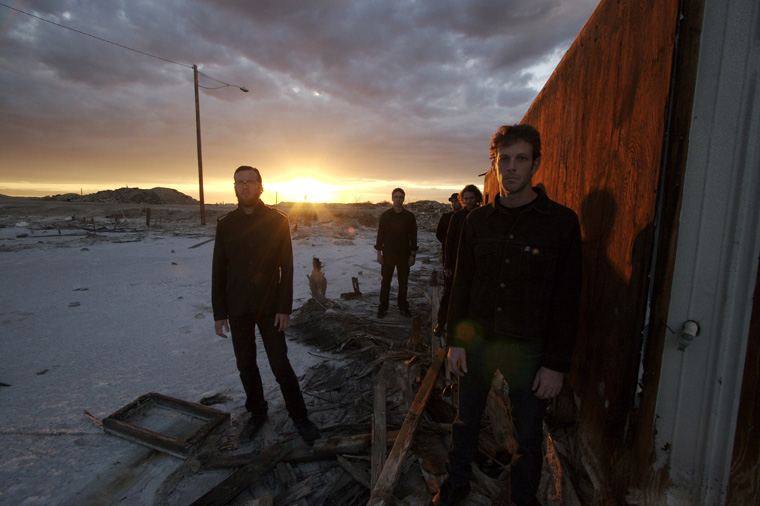[Chromatic, our 400-page exploration of musicians and color, is out now. Order here!]
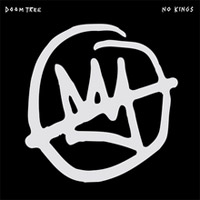 Doomtree: No Kings (Doomtree, 11/22/11)
Doomtree: No Kings (Doomtree, 11/22/11)
Doomtree: “The Grand Experiment”
[audio:https://alarm-magazine.com/wp-content/uploads/2011/10/Doomtree_The_Grand_Experiment.mp3|titles=Doomtree: “The Grand Experiment”]Moving from a high-school clique to a crew and record label was a natural transition for the Minneapolis-based Doomtree collective. The unlikely “family” unit went from trading beats in their spare time at Hopkins High to producing albums, organizing tours, and putting on the annual Doomtree Blowout in their hometown with a small but mighty lineup. The label’s foundation was built on the wings of the P.O.S debut Ipecac Neat, which was co-released with Rhymesayers in 2004, but it has since released 20+ solo, group, and mixtape albums.
No matter your tastes, the Doomtree family has something to satiate it, from Dessa‘s singer-songwriter-meets-rap-temptress style to Paper Tiger‘s layered instrumentals to Cecil Otter‘s nostalgic storytelling. Each of Doomtree’s diverse artists also takes a role suited to his or her strengths on the business end of things, which, like their music, is infused with the DIY spirit of punk rock. ALARM caught up with MC Sims to chat about the upcoming Doomtree group album, the challenges of being an independent label, and what the future holds for the collective.
How did the Doomtree collective get started?
A group of us got together back in 2001 and decided to form a collective of artists that would work together to help get shows and record and release music. A few years later we turned that collective into a record label and have been releasing albums since.
What types of obstacles have you had to overcome as an independent record label?
Budgets are always an obstacle. We’ve been fortunate enough to have never taken a loan of any kind to get Doomtree to the place where it is. For years, we took every dollar that any of us made through album sales, merch, and performance to fund the label. At this point, we take a standard 50/50 deal with the albums we release. So though we don’t have the financial resources of a major label, our artists get a good deal. That’s what we wanted from the jump with our label.
Has it been difficult at times to work so closely with friends? If so, can you give us an example?
At times, but for the most part we all get along really well. We sort of have a family dynamic here, so of course you’re going to not see eye to eye with your siblings every time something comes up.
Can you address the dynamic of making Doomtree group albums, including your upcoming effort, No Kings?
For No Kings, Lazerbeak, Cecil, and P.O.S got together a few times a week and starting collaborating on beats. After a month or two, they had amassed enough for us to start writing songs. It’s hard to get all 5 MCs together in the same city at once, let alone have enough time to write a bunch of songs together. So we had to schedule the writing session for this thing a couple months in advance. We went to a cabin in the North Woods of Wisconsin with the idea that whatever we came up with was going to be the album; there were no second chances, and there was not time to not finish. We did just that (for the most part).
We basically played the beats through a stereo and started writing. One of us would come up with an idea for the song and the rest would make something that fit that idea. It was our first time truly collaborating like this. Usually, somebody has a song that’s pretty well done but needs a verse or chorus, and then you take it home and finish it. This process, however, was much more organic in the way that we came up with and executed ideas together.



